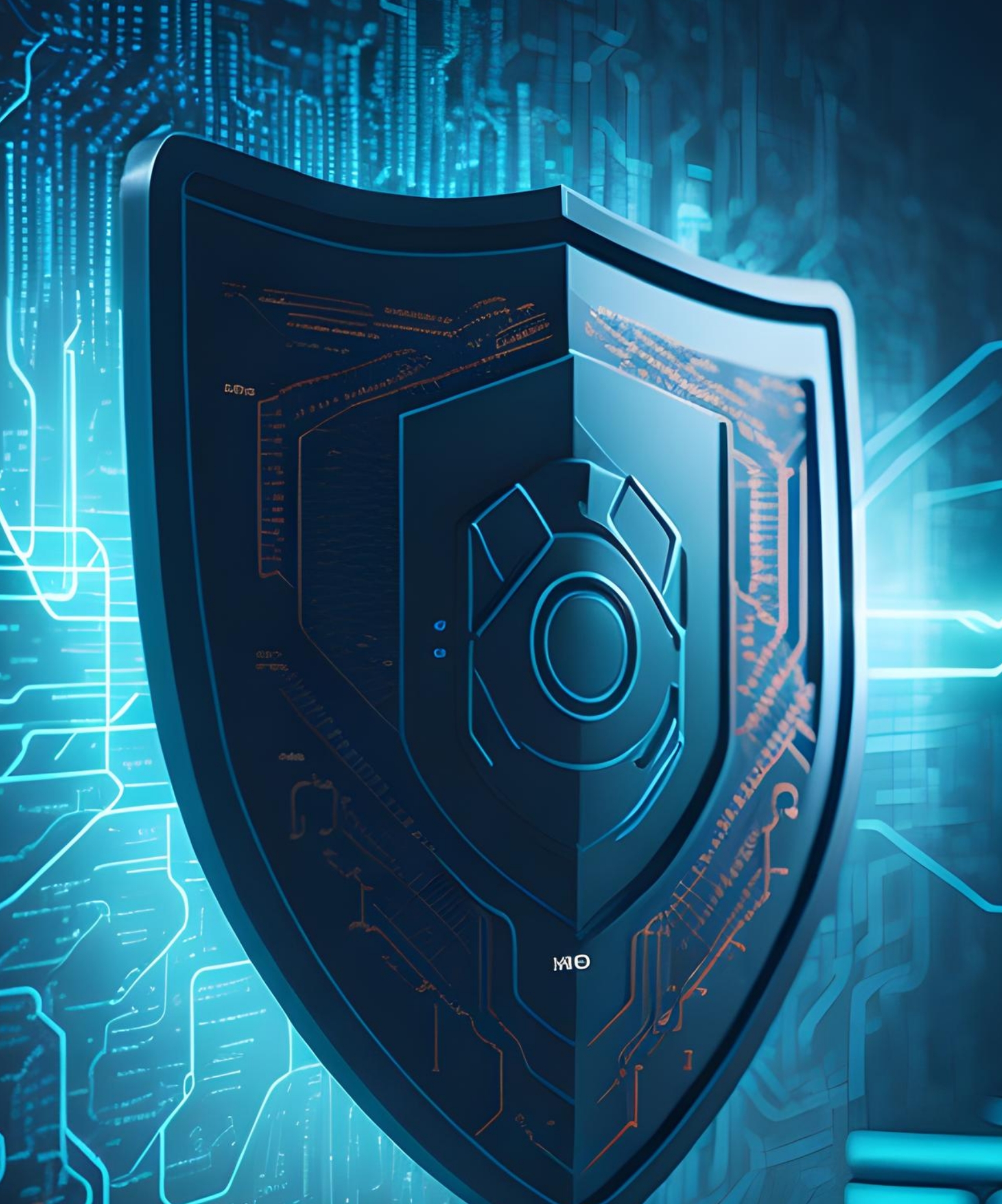We can be a solution for every business
A Leading Zoho Partner with a Global Impact through Over 300 Projects in more than 15 countries
The ultimate software for sales, marketing, support, finance, operations and HR.
Zoho One is the ultimate operating platform for businesses looking to streamline and automate their operations. With access to over 40 integrated applications, it provides a comprehensive solution for managing every aspect of the business. From customer relationship management and accounting to human resources and project management, Zoho One has got you covered.
Discover a broad suite of integrated, customizable apps for your entire business

Shield: Bridging The Gap Securely
Shield is the one-stop solution for every business looking to securely unite their varied systems with the powerful Zoho suite. Our aim is to simplify your business, enhance your efficiency, and most importantly, secure your peace of mind. Make the smart switch to Shield today, and experience an unprecedented level of interoperability and security.

Case Studies
Our case studies highlight Repath’s transformative solutions. See how businesses from various sectors harnessed our expertise to tackle challenges and optimize operations.
- Consulting
- Human Resources
- Tourism
- Supply Chain
- Telecommunications
- Consulting
About Repath Solutions
Business Insights & News
- Insights
Our Approach
At the core of every project lies our commitment to go above and beyond the implementation process. We specialize in crafting innovative, tailored software that propels accelerated growth and efficiency to allow each company to reach their business goals.

